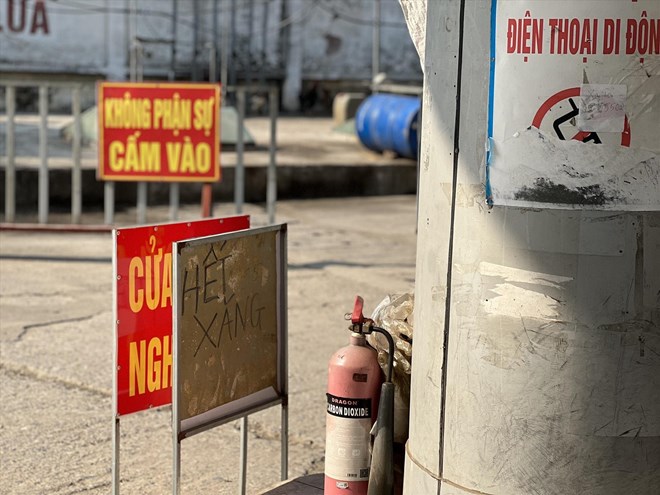
Violations in the Petroleum Price Stabilization Fund
According to the inspection conclusion of the Government Inspectorate , regarding the establishment, management and use of the Price Stabilization Fund (BOG), according to the provisions of the Law on Prices, the application of the measure to establish the BOG Fund is limited in time, however, currently, the Government is applying it regularly and continuously. Meanwhile, current regulations assign many agencies to participate in the management of the BOG Fund (Ministry of Finance presides, Ministry of Industry and Trade coordinates).
"This has existed for many years but has not been handled promptly, leading to shirking of responsibility, lax management, affecting the effective use of the BOG Fund," the inspection conclusion said.
Regarding the management of the BOG Fund, according to the conclusion, the Ministry of Industry and Trade - Ministry of Finance decided to spend the BOG Fund when the price had not increased with an amount of about 1,142 billion VND and spend the BOG Fund higher than the price increase with an amount of about 318 billion VND.
During the management period from January 1, 2017 to before 3:00 p.m. on April 23, 2018, the joint ministries issued unclear price management documents, leading to 19/27 key petroleum traders setting aside the wrong type of RON 95 gasoline for the BOG Fund with an amount of about VND 1,013 billion and using the BOG Fund with an amount of about VND 679 billion.
Regarding the management of the BOG Fund, according to the inspection conclusion, the BOG Fund management agency shirked responsibility; there was a lack of regulations, coordination rules, and assignment of tasks between the presiding agency and the coordinating agency ( the Ministry of Finance presides over and coordinates with the Ministry of Industry and Trade) in the management of the BOG Fund.
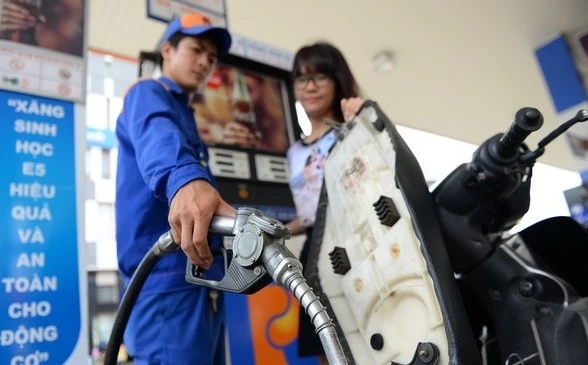
The management of the BOG Fund has not been strictly ensured; the Ministry of Industry and Trade has not promptly handled violations of the BOG Fund by key petroleum traders when the Ministry of Finance has decided to impose administrative sanctions.
The State Bank of Vietnam has not issued a document guiding commercial banks to manage the BOG Fund in accordance with the functions and tasks of the bank, resulting in 7/15 key gasoline traders using the BOG Fund for the wrong purpose of price stabilization, not transferring it to the BOG fund account, but leaving it in the business's payment account regularly, for many periods before returning it to the BOG Fund with the amount of 7,927 billion VND.
Of these, 3/7 key petroleum traders have been administratively sanctioned by competent state agencies 3 times or more.
Inappropriate price management
Regarding price management, according to the conclusion, the current calculation of the base price of gasoline and oil still has many shortcomings, such as: The Ministry of Finance calculates the indicators that make up the base price of gasoline and oil inaccurately, not close to the market. The decision on the cost of bringing gasoline and oil from abroad to Vietnam to calculate into the base price lacks a legal basis; applying "standards" on costs from many years ago is not suitable for the market.
Premium costs included in the base price are greater than actual Premium costs at some key petroleum traders; applying fixed standard costs issued since 2014 is not consistent with current reality.
The Ministry of Industry and Trade did not correctly and fully calculate domestic gasoline prices according to world gasoline prices and other costs. Gasoline prices did not keep up with market fluctuations, so when world gasoline prices fluctuated sharply, many key traders stopped importing to avoid losses. This was one of the reasons leading to disruptions in gasoline supply.
On February 24, 2022, the Ministry of Industry and Trade issued Decision No. 242 on the allocation of petroleum import output for the second quarter of 2022, in which the petroleum import output was allocated to 10/34 petroleum traders, but most of the petroleum traders importing petroleum did not meet the schedule, and the petroleum import volume was lower than the assigned limit.
To ensure the standard profit and capital recovery, the main traders of imported petroleum lack the volume of petroleum delivered; they have to cut retail costs, reduce the discount for agents, leading to a situation of zero discount, many retail stores and petroleum agents arbitrarily do not sell, contributing to the disruption of petroleum supply.
Source








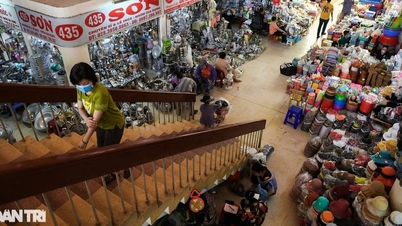

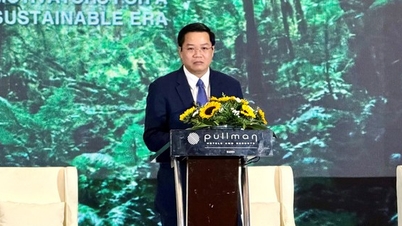

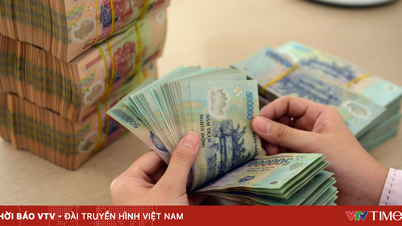

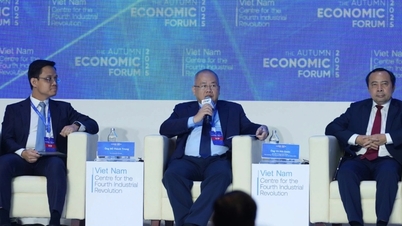
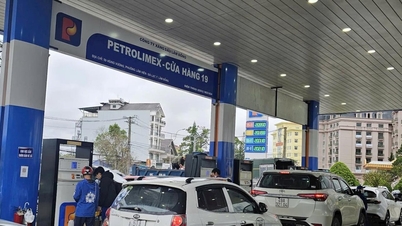



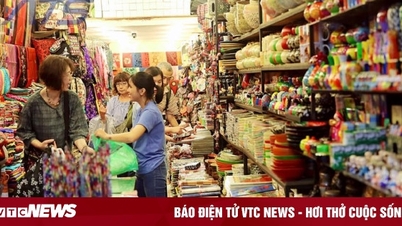

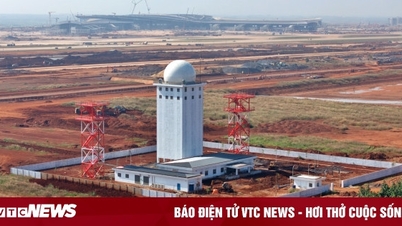
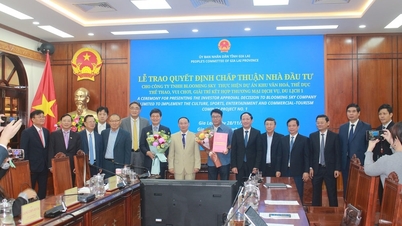


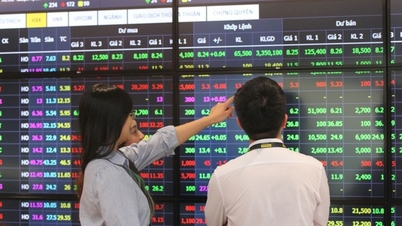









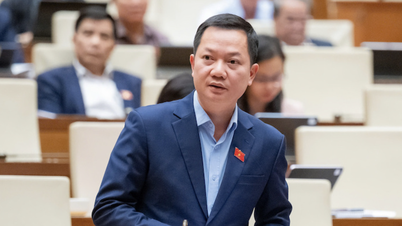




































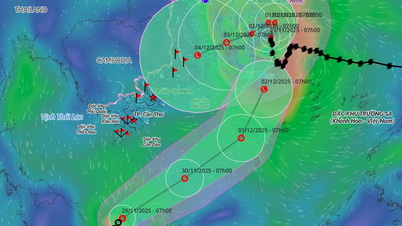
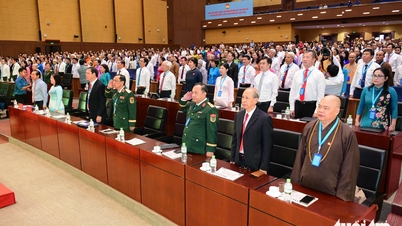
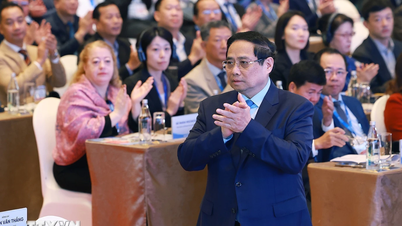
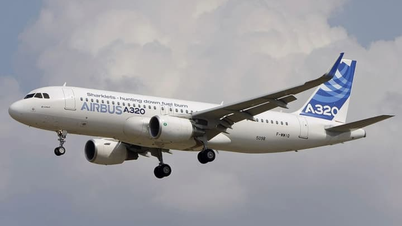











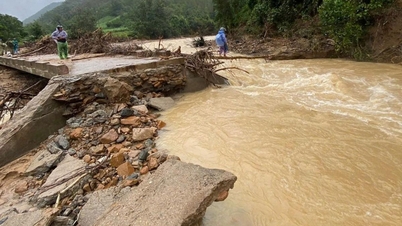

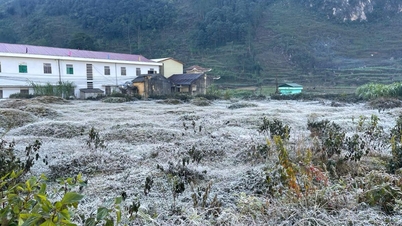
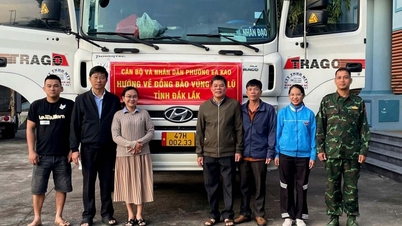
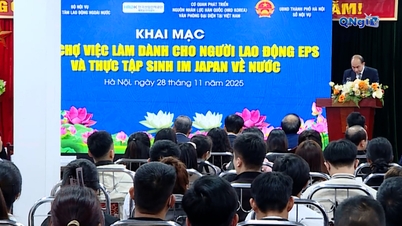












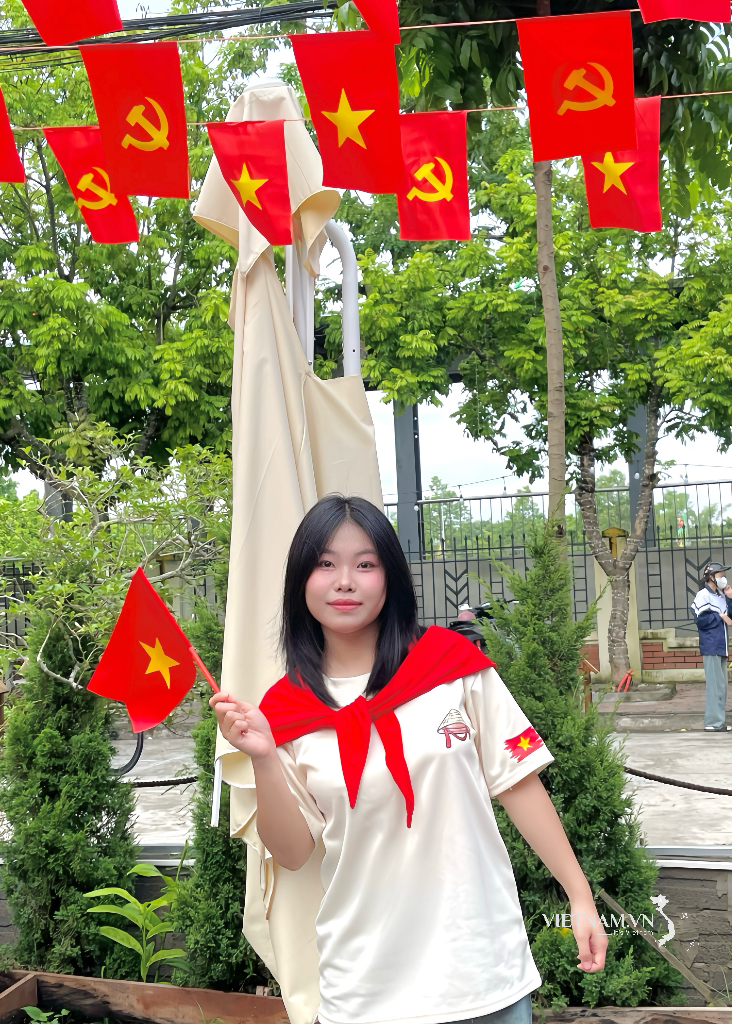


Comment (0)